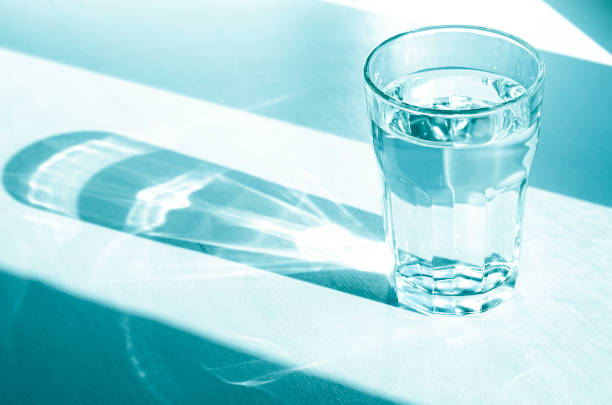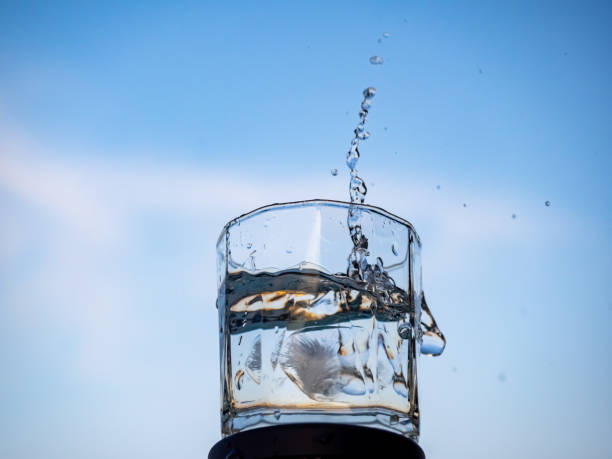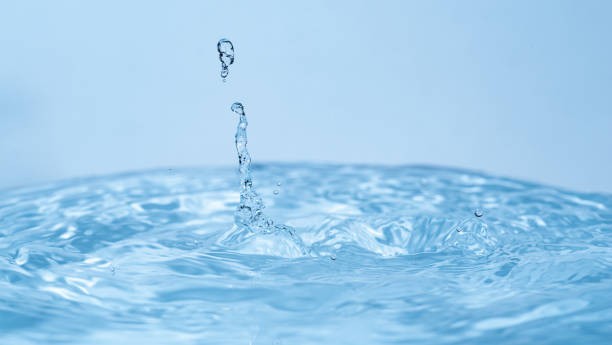



 Analysis of common problems of reverse osmosis water equipment operation
Analysis of common problems of reverse osmosis water equipment operation
 Do you know what is the most reasonable recovery rate setting for RO system?
Do you know what is the most reasonable recovery rate setting for RO system?
 Do you know the difference between ultrapure water equipment and pure water equipment?
Do you know the difference between ultrapure water equipment and pure water equipment?
 Reverse osmosis ultrapure water equipment common faults (with solutions)
Reverse osmosis ultrapure water equipment common faults (with solutions)